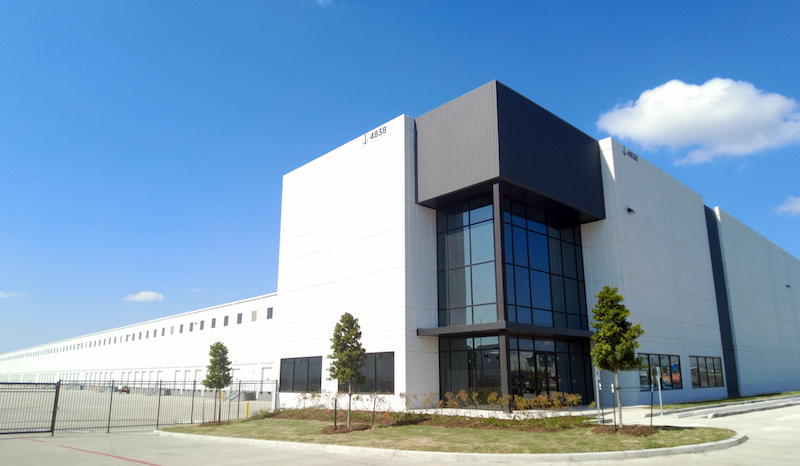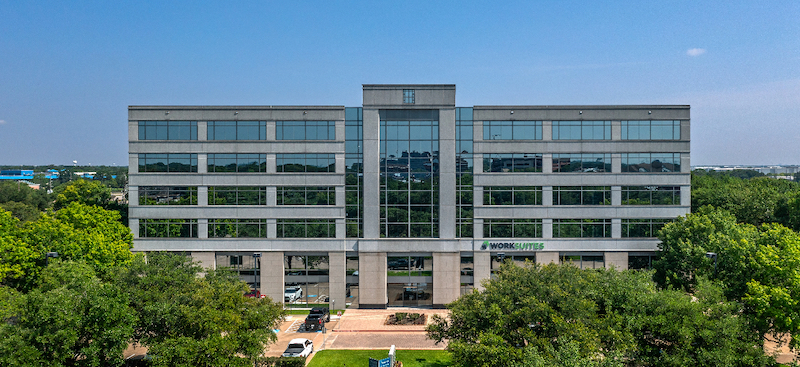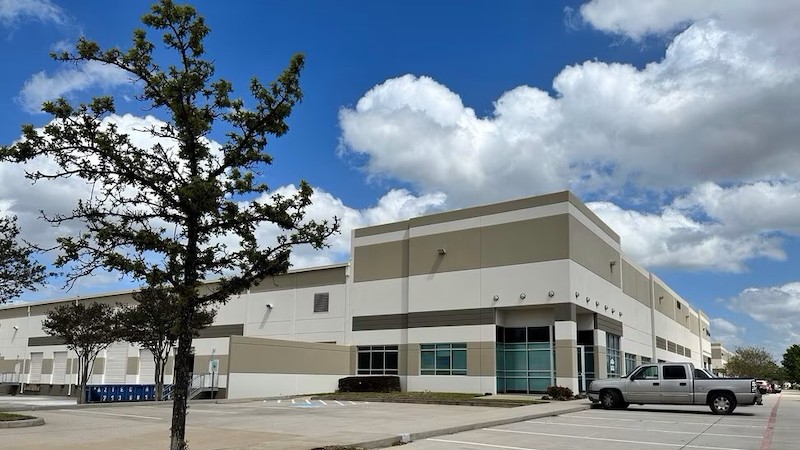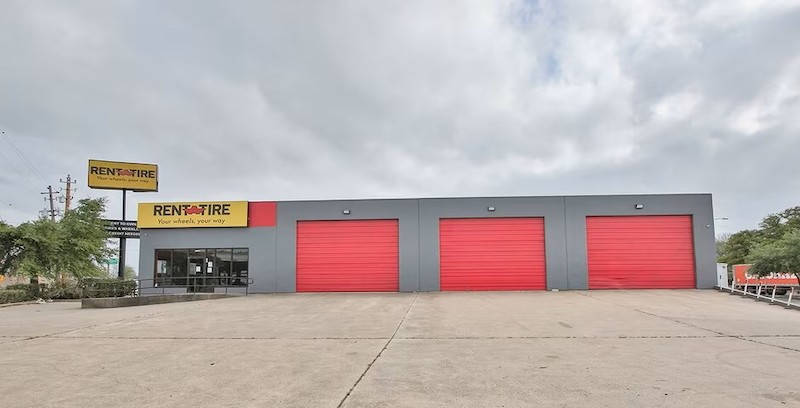The State of Texas is a natural mooring for life sciences companies. It has one of largest clusters of biotech and pharmaceutical professionals in the country, and a network of universities and institutions focused on building strong biochemistry, biophysics and technology-based programs designed to churn out highly skilled talent. Texas has the makings of a mature market, but a void of turn-key manufacturing, lab/R&D real estate is slowing momentum. Together, the state’s three largest metros, Dallas-Fort Worth, Houston and Austin, boast an aggregated population of over 15.5 million but only nine million square feet of inventory, a fraction of other dynamic life sciences markets.
So, what is driving the disconnect? Texas seems to be caught in the middle of a chicken-or-the-egg riddle. While biotech companies are waiting for the arrival of new state-of-the-art facilities, developers are standing by for the arrival of biotech companies. To resolve the standoff, developers can look to evidence of the impending real estate demand to justify breaking into this technical market. There are three key trends that will ensure the continued expansion of the life sciences sector in the state, and each is reason alone to motivate new development.
Economic incentives
The Cancer Prevention & Research Institute of Texas (CPRIT) has been a substantial driver of the industry’s expansion. The $6 billion grant program has helped to recruit 285 researchers and 16 companies to the state since launching in 2007. PanTher Therapeutics is a recent example of how the grant program is supporting growth. The clinical-stage oncology company, which focuses on treating solid tumors, received $14.2 million from CPRIT to expand the development of its clinical therapies. A taxpayer-funded program, CPRIT currently has capacity to deliver significant funding grants like this through 2027.
In addition to CPRIT, the Texas Medical Center Innovation Institute funds a series of programs to support the growth of early-stage life sciences companies, providing advisory and essential amenities. Both of these programs illustrate the state’s ardent investment in expansion of the life sciences industry. As more companies take advantage of funding opportunities and state-supported services, it will be imperative that there are quality facilities in place to meet demand.
Utility infrastructure
Like real estate availability, power is a major need for life sciences companies, many of which utilize substantially more power and water than a standard office tenant. Life sciences companies are looking for reassurance that Texas power and water utilities can meet their needs given its checkered reliability history—and many local municipalities are meeting the moment. Cities throughout Texas have committed to accelerating the expansion of substations and bringing in larger water and sewer infrastructure.
CenterPoint Energy is investing and expanding its electrical infrastructure in the Texas Medical Center area, which has helped to support an expansion of TMC Innovation Factory Labs, scheduled to open sometime this year. In addition, Xcel Energy is building new substations throughout Northern Texas, another hotspot for life sciences activity in the state, to ensure the region’s power grid can accommodate growth. These are just a few of the ways utility companies are supporting the industry’s growth.
Business-friendly suburbs
Austin, Dallas-Fort Worth and Houston are expectedly in the biotech spotlight. The three cities have established life sciences networks and a ripe pool of professional talent. However, the surrounding suburbs are presenting tremendous opportunity for developers. Markets like The Woodlands, Taylor, and Round Rock have quickly captured demand due to their business-friendly environment and commitment to infrastructure support. There has been a steady migration to these metros, foreshadowing further momentum to come. With ample land for new development in these suburban areas, there is a unique opportunity to create life science campuses that most tenants prefer to settle into, being close to other likeminded companies and talent.
There are many examples of this suburban flight. In partnership with Nurix Therapeutics, Alexandria Equities is developing 12 acres of life sciences real estate in The Woodlands, representing an investment of $200 million, and NexPoint has announced plans to develop a 200-acre “cutting-edge” life science project known as the Texas Research Quarter in Plano, representing a $3.8 billion investment. . Plus, Dallas’s Pegasus Park has reimagined the former corporate campus of jeweler Zale Corp. as a life science hub, adding 135,000 square feet of lab and office space to the development, which includes tenants like UT Southwestern, TAYSHA Gene Therapies, McKesson, Colossal, ReCode, etireaRX and BioNTX Each of these projects will attract new demand from companies that support these global giants and that want to establish a presence in the area.
The expansion of the life sciences industry marks a new era in commercial real estate, with the introduction of light-industrial, technology-enabled properties. The asset class is a new horizon for the industry, and undoubtedly, forward-thinking real estate developers have an opportunity to support the industry’s expansion throughout the state. However, even the most discerning developers can overlook demand cues. Having a partner that is embedded in local market dynamics and that deeply understands the nuanced fundamentals that inform development decisions is essential to drive strategic decisions and capitalize on this tremendous opportunity.
Project Management Advisors, Inc. Senior Project Manager Grayson Mann specializes in tenant improvement and ground-up development for biotech, pharma and the distribution industries.









